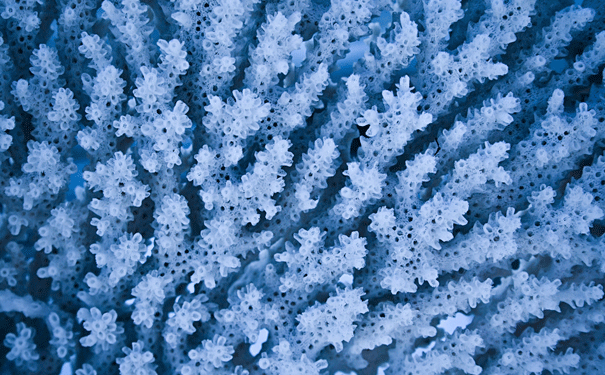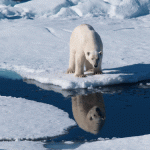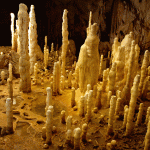
Warmer temperatures cause corals to bleach and die. Image: Shutterstock
Coral reefs could survive in more acidic oceans.
The increasing amount of carbon dioxide in our atmosphere is causing the oceans to become more acidic. However, new research from The University of Western Australia and the Laboratoire des Sciences du Climat et de l’Environnement in France suggests that some marine animals have a mechanism that will allow them to cope with this.
“The good news is that most corals appear to have this internal ability to buffer rising acidity of seawater and still form good, solid skeletons,” Professor Malcolm McCulloch said in a statement.
Marine organisms that form calcium carbonate skeletons produce these as either an aragonite skeleton or a calcite skeleton. In the study published in Nature Climate Change, the researchers found that the aragonite-producing organisms have a molecular pump, which enables them to regulate their internal pH balance.
This buffers them from any external changes in the seawater — but those that produce calcite skeletons don’t appear to tolerate changes as successfully.
Unfortunately, it isn’t all good news for the coral: The coralline algae that holds the reefs together appears to be vulnerable to the rising acidity, and so does a large class of plankton, which forms a vital part of the ocean food change.
If the plankton is vulnerable, this could affect both the marine life that feeds on them and the oceans’ ability to absorb carbon dioxide from the atmosphere, which could cause global warming to accelerate.
The warmer temperatures would, ironically, increase the rate of coral growth, especially those living in cooler regions. However, global warming is occurring at a much faster rate than at the ending of the Last Ice Age and scientists aren’t sure whether the corals can adapt.
“This is crucial since if corals are bleached by the sudden arrival of hot ocean water and lose the symbiotic algae which are their main source of energy, they will still die,” McCulloch said.
Despite corals being able to regulate their pH, the researchers concluded that the overall health of the reef systems is still largely dependent on the compounding effects of increasing thermal stress from global warming and local environmental impacts.
It seems that there will be winners and losers in the ocean ecosystems as its chemistry is altered by climate change. “This could have the effect of altering major ocean ecosystems on which both we and a large part of marine life depend.”
Source: The University of Western Australia






